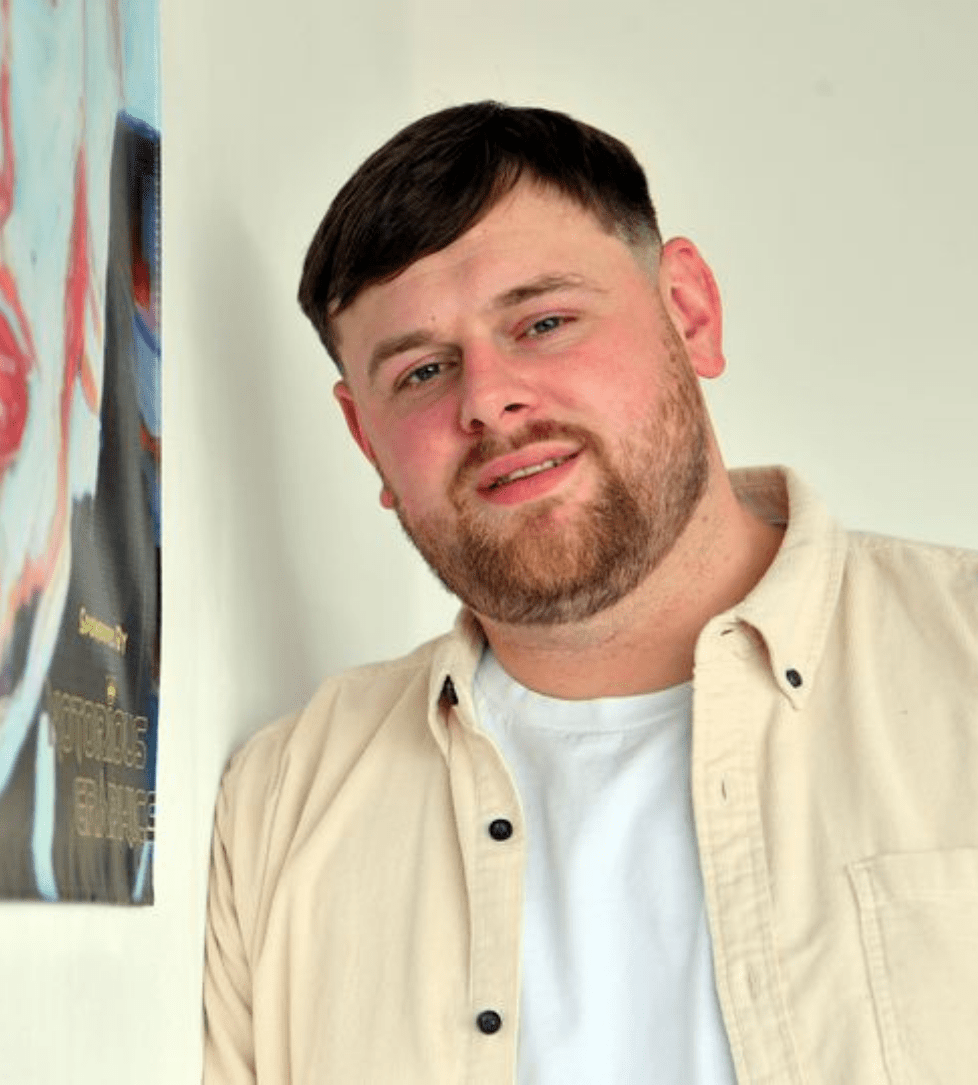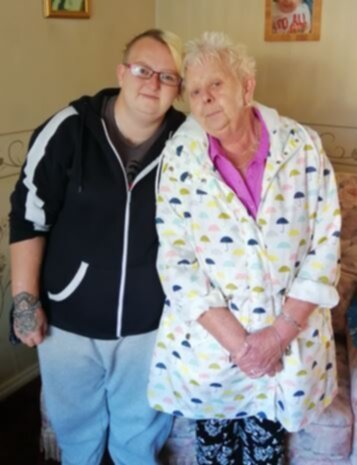When things don’t go to plan
The first thing to recognise is the difference between a lapse and relapse.
- A lapse is where things go wrong for just a short period of time – it may be a night out when you’re offered drugs and say yes impulsively, or succumbing to an old trigger you’ve managed to avoid.
- A relapse is where things go wrong for a longer period of time and you go back to how things were before.
Both, either, or neither may happen. If they do, it’s not the end of the world. It is part of what can be seen as a learning curve. Learn from what went wrong so that you can get it right next time.
It may be that this will happen several times, where you make different mistakes or give in to triggers. The key is to ensure that you learn from these mistakes or triggers and understand what you can do differently next time.
The person who makes no mistakes, generally makes nothing at all.
Dealing with a Lapse
If you’ve had a lapse you’re going to give yourself a hard time about it, look at it from the flip side and put it into context. Instead of thinking about how bad it was, think about how much worse it could have been.
Focus on what you’ve achieved and what you’re going to do about it instead. You can’t change what’s been done, but you can change what you’re going to do.
Don’t let a lapse become a relapse. Imagine you are on a diet and you have a biscuit that you weren’t supposed to. Put it into context – eating one biscuit is not so bad. It’s when you think ‘I’m back to square one, so I may as well eat the whole packet’ that causes things to go badly wrong. Even then, you can turn it around – it just takes a bit longer.
Dealing with a Relapse
If you have a relapse it can be easy to think you’ve failed, that everything has been a waste of time and you’re right back to where you started from. But what you actually have is experience, you have something to learn from.
A bit like climbing up a mountain, the first time you do it, it’s all uncharted territory and you’re not sure what to expect; the second time, you’ve got a bit of an idea of what to expect – you know the track gets boggy and where you went wrong the last time.
There are proactive things we can do that reduce the chance of a relapse. This includes being aware of ‘warning flags’ – these are thoughts and behaviours that indicate we want to go back to using the way we did and are perhaps engineering situations to ‘allow’ or enable this to happen.
Euphoric Recall
This is where you start to remember the ‘good’ bits about using drugs while glossing over the bad bits. It’s a bit like watching a good trailor for a bad movie; your brain shows you all the best bits and leaves out the unhappy ending.
Seemingly Irrelevant Decisions – (SIDs)
These are decisions that may seem irrelevant but which put you in a high risk situation. For example, it may be a nice day to walk home, but this may take you past a friend’s flat you’ve been staying away from; therefore it is important to change your route home so as not to put temptation your way.
Justifications and Excuses
Do you feel yourself returning to old habits? Perhaps your:
- Spending the day being preoccupied – thinking about how good it was the last time you took your drug of choice.
- Using a drug to ‘deal with’ hard situations.
- Spending time with people who won’t give you ‘a hard time’ for taking drugs, or who may even encourage you to.
If you have had a relapse, make the most of the information you gained from it. What were you doing/thinking when it happened? What could you do differently?
Saboteurs
There may be some people in your life who are jealous of your progress. Your success may make them feel inadequate or bad about themselves. They may deliberately (although possibly sub-consciously), want to make you fails so that they can feel better about themselves.
If you think someone is trying to sabotage your efforts or urge you to use drugs, then you may wish to encourage them to change their behaviour, or reduce the level of contact you have with them and how much you allow them to be in your life.
Remember: a saboteur won’t be there to support you in a positive way if your life goes wrong due to drugs. They won’t pay the bills; give you a job, a home, a relationship or any other meaningful activities.
It can be very difficult for family members to see you lapse or relapse – particularly if they’ve invested time and effort into helping you achieve your goals.
It can be hard for them to process their feelings because they feel powerless. Ultimately, there’s nothing they can do to stop you returning to unhealthy habits if you are determined to.
Remind yourself that the reason they are upset, or even angry, with you is because they love you and worry about you. Be patient with them while you get back on track and you will continue to have their support.
If you’re struggling or relapsing, don’t be deceptive and try to hide it because this erodes the trust in a relationship.
There’s a good chance they already know. It’s surprising how we can think we’re fooling other people, when actually we’re cheating ourselves.
Be honest with yourself about where you are at with your drug use.
Be honest with your loved ones too and ask for their support.
If you find you are really struggling to keep your drug use under control for any length of time, then it may be worth thinking about the different options you have.
For example, a residential stay can be a great opportunity to get some respite from a chaotic lifestyle, break destructive routines, make positive changes and achieve sustained recovery.

"I always thought having the lived experience I had that people would look down on me for jobs but Kaleidoscope embraced it and how I can use it to help others, which is amazing."
Tony battled a 20 year addiction to heroin. Now he's mentoring others to overcome the challenges he's faced.
Read more
"I turned to heroin to cope with OCD - now I want to help others."
After a decade battling drug addiction and negative mental health, Cullan has come full circle. He began a novel opiate substitute treatment called Buvidal and is now eight months free of heroin.
Read more
"There was a lot of trauma I hadn’t processed, and the Tramadol had meant I didn’t have to."
Thanks to determination and the right support, Jade has overcome a decade long addiction to prescription painkillers. She is now fifteen months sober and looking forward to the future.
Read moreWant to find support in your area?
Find a service



